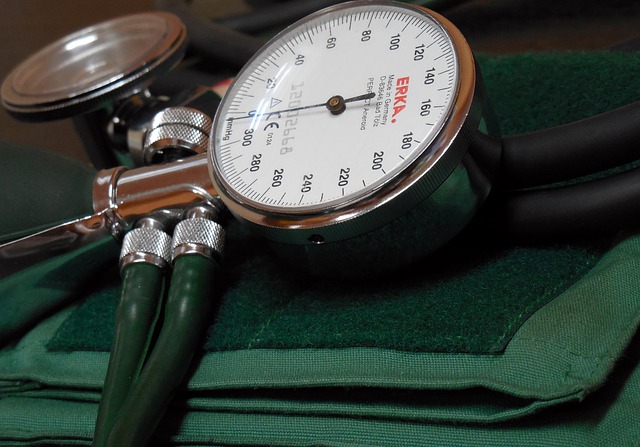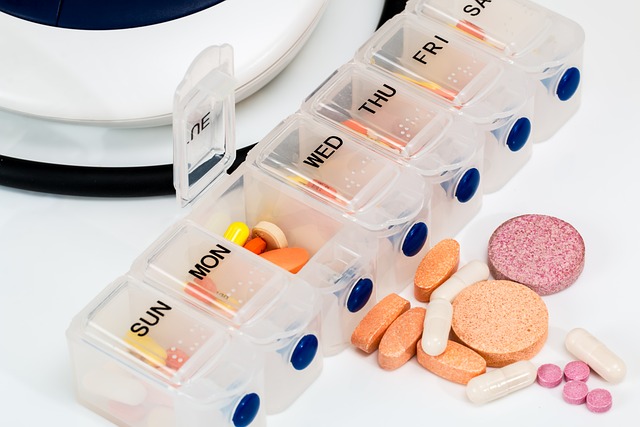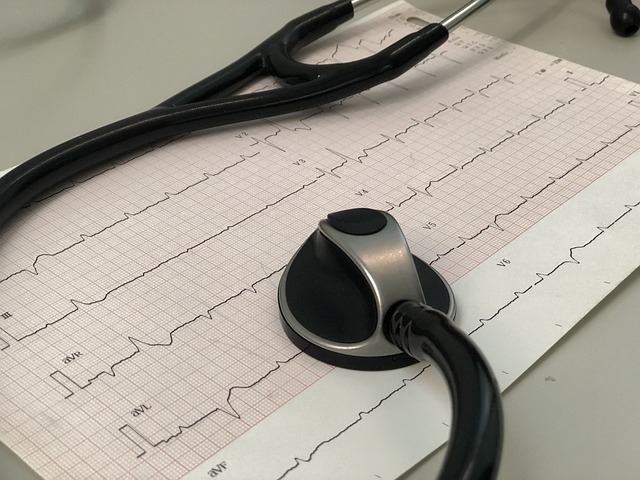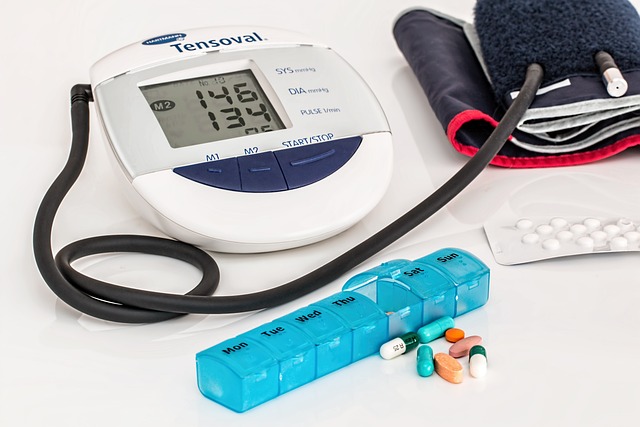Podcast: Play in new window | Download (Duration: 14:08 — 6.5MB) | Embed
On this podcast episode, I discuss quinapril pharmacology, adverse effects, drug interactions, pharmacokinetics, and much more.
Quinapril is a prodrug that is converted in the liver to its active metabolite, quinaprilat, which inhibits ACE, leading to decreased formation of angiotensin II and reduced aldosterone secretion.
Hyperkalemia can occur with quinapril use due to decreased aldosterone, leading to potassium retention—especially in patients with renal impairment.
Concomitant use of potassium-sparing diuretics or potassium supplements with quinapril increases the risk of hyperkalemia.
NSAIDs may reduce the antihypertensive effect of quinapril and increase the risk of nephrotoxicity, especially in patients with preexisting renal dysfunction.
Be sure to check out our free Top 200 study guide – a 31 page PDF that is yours for FREE!
Support The Podcast and Check Out These Amazing Resources!
Meded101 Guide to Nursing Pharmacology (Amazon Highly Rated)
Guide to Drug Food Interactions (Amazon Best Seller)










